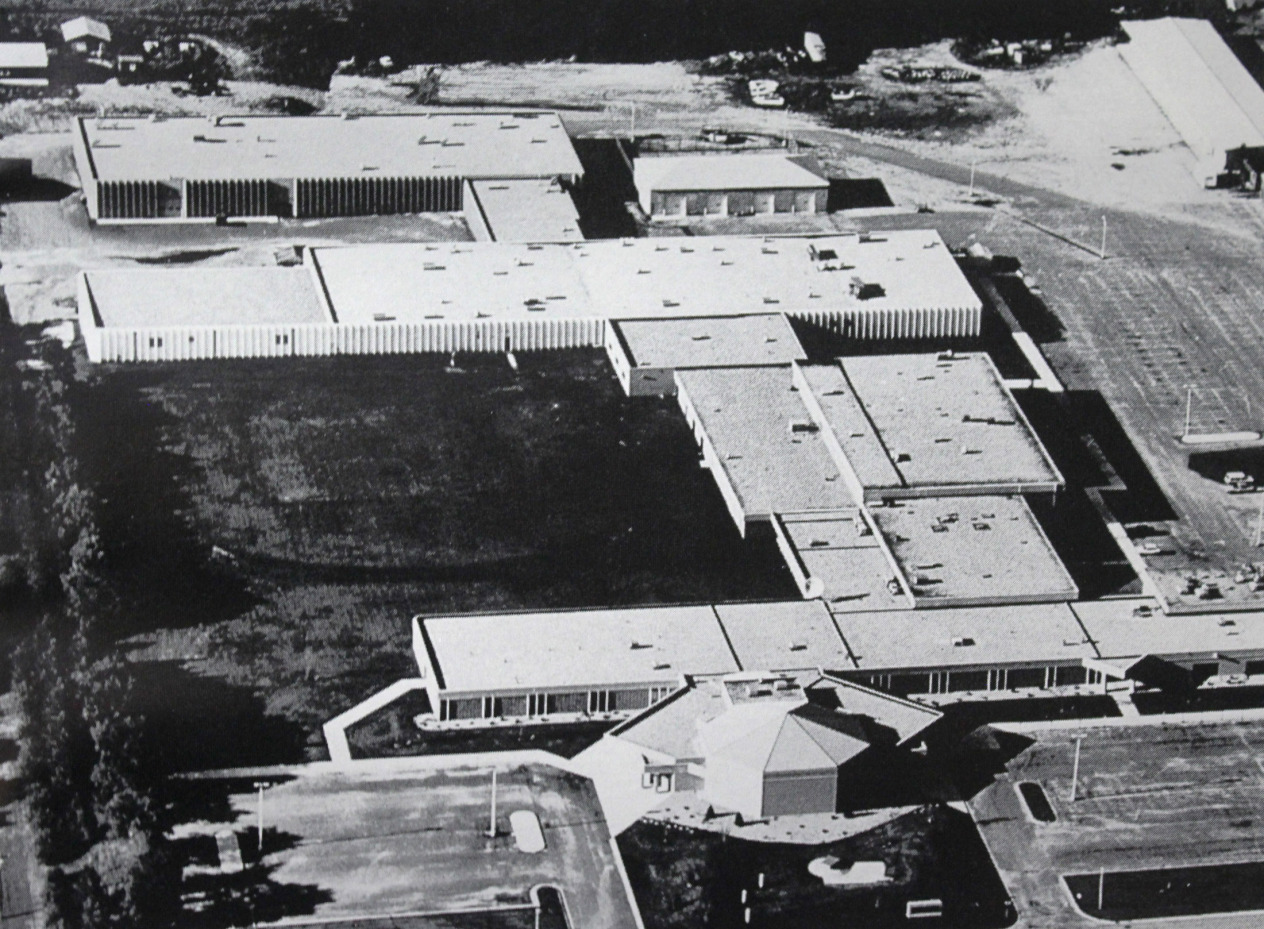Title
ECE1113 - Behavior Guidance
API ID
Credits
3 (2/1/0)
Description
This course provides an examination of the physical and social environments that promote learning and development for young children. It includes an introduction to basic child guidance techniques for individual and group situations. Emphasis is on exploring, observing and practicing problem prevention and positive child guidance strategies through coursework and a lab experience. This course contains an off-site lab experience that assists in guiding students to obtain the skills necessary to become successful professionals within early childhood settings. All students are required to obtain and pass a Minnesota background check prior to completing 30 hours at an approved lab site.
Competencies
- Identify and describe how to utilize teacher strategies, including guidance and classroom management techniques, to accommodate the developmental characteristics of infants and toddlers, promoting positive self-esteem and a sense of security.
- Examine and describe how to assess infant, toddler and pre-primary children's emerging levels of social and emotional development, and then utilize teacher strategies, social/emotional learning experiences and the classroom environment to establish and promote individualized, responsive, predictable adult interactions and healthy peer relationships.
- Examine and explain how to establish, maintain and promote a healthy, responsive, predictable and physically and psychologically safe classroom environment to meet the social/emotional needs of pre-primary and primary-aged children.
- Examine and describe the influence of the physical setting, schedule, routine and transitions on children's experiences, and then plan how to utilize those experiences to promote development and learning in pre-primary and primary-aged children.
- Recognize, research and describe the consequences and effects of stress and trauma, including the influence of protective factors and resilience, mental health and supportive relationships on the development of pre-primary aged children.
- Examine how to structure the learning environment and utilize teaching strategies to promote positive and constructive interactions among children and feelings of belonging, security, personal worth and self-confidence in pre-primary aged children.
- Examine learning experiences that promote and allow for pre-primary aged children's construction of social knowledge, such as cooperating, helping, negotiating and talking with others to solve problems.
- Research how positive child guidance techniques support the development of pre-primary aged children's self-acceptance, self-control and social responsiveness.
- Understand the importance of relationship-based, culturally affirming and proactive approaches to behavior, and how to implement these approaches to improve student outcomes and reduce exclusionary practices.
Degrees that use this course
Degrees that use this course
Degree:
Certificate
Location:
Fergus Falls Campus
Credits:
18
Degree:
Associate of Science (AS)
Location:
Fergus Falls Campus
Credits:
60
